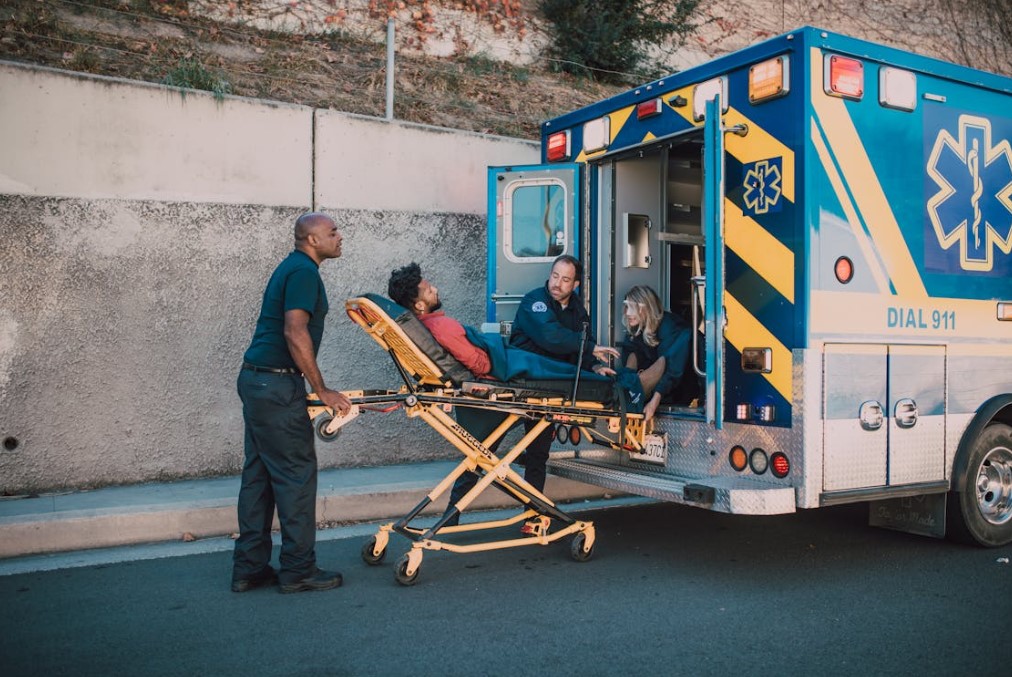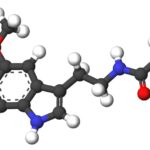When someone has a heart attack, every minute counts. Right now in England, that wait has grown dangerously long. Ambulances took 47 minutes on average to reach heart attack and stroke patients in December 2024. This is up from 42 minutes just a month before.
These response times should be 30 minutes at most. Before COVID-19, ambulances had to arrive within 18 minutes. The longer delays mean more people risk permanent damage to their heart or brain.
The East Midlands faces the worst delays. Patients there wait an average of 66 minutes for an ambulance. This means someone having a heart attack might wait over an hour for help.
“Heart attacks and strokes are life-threatening emergencies. With each minute lost, the risk increases of permanent brain or heart damage and even death,” says Dr. Sonya Babu-Narayan from the British Heart Foundation.
The problem goes beyond ambulance delays. About 420,589 people were waiting for heart care in November 2024. While this number dropped slightly from October’s 420,945, more people are facing longer waits. Now 169,620 patients have waited over four months for urgent heart care. Even more worrying, 9,885 people have waited over a year.
These delays affect families across the UK. With 100,000 new stroke cases each year and 1.3 million stroke survivors needing care, many families struggle to get timely help. The Stroke Association says the healthcare system is now so stretched that it puts lives at risk.
Similar Posts
Knowing the warning signs of a heart attack can save lives. Call 999 immediately if you notice:
- Pain in the chest, arms, jaw, neck, back, or stomach
- Feeling extremely anxious
- Shortness of breath
- Feeling sick or throwing up
- Heavy sweating
- Feeling dizzy
For strokes, remember FAST:
- Face: Is one side drooping?
- Arms: Can both arms be raised?
- Speech: Is it slurred or confused?
- Time: Call 999 right away
Some areas show hope for improvement. The South East Coast Ambulance Service managed better times – 32 minutes and 12 seconds in December. Their chief executive, Simon Weldon, who has personally cared for a stroke patient, wants even faster response times.
The government has created a plan to reduce waiting times, but experts say it’s not enough. “Heart patients and families need to see a Heart Disease Action Plan to make cardiovascular prevention, emergency treatment and elective heart care fit for the future,” Dr. Babu-Narayan explains.
Despite these challenges, doctors stress one crucial point: never hesitate to call 999 for a suspected heart attack or stroke. Quick action still offers the best chance for survival and recovery.

















